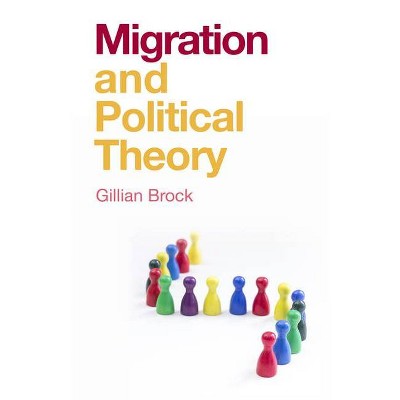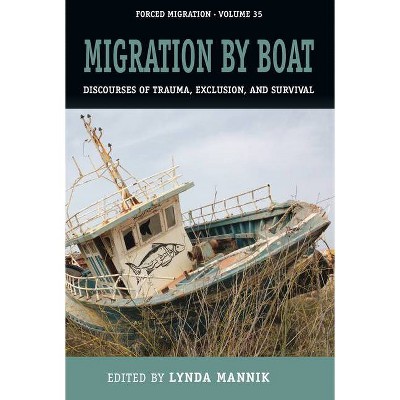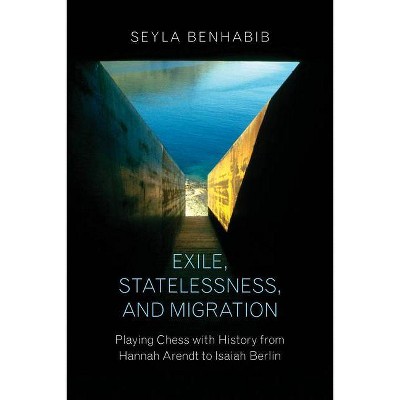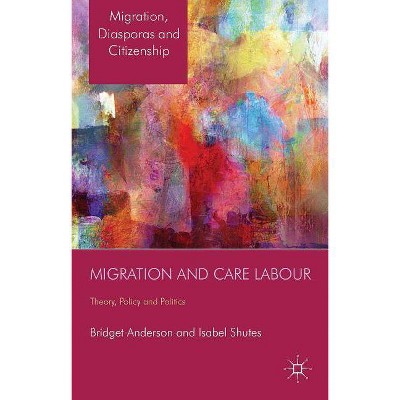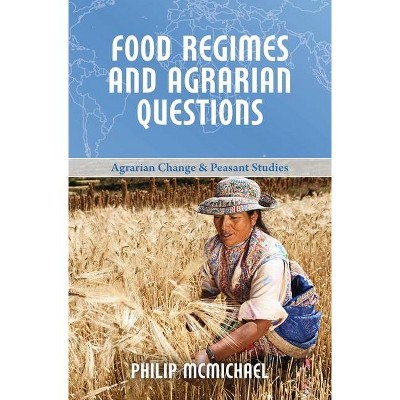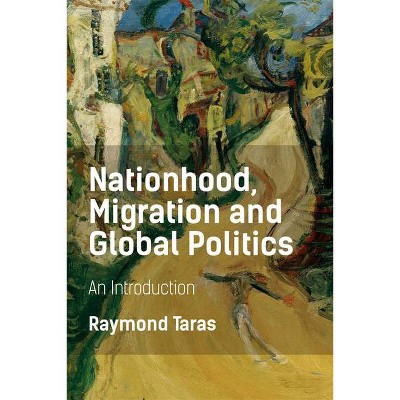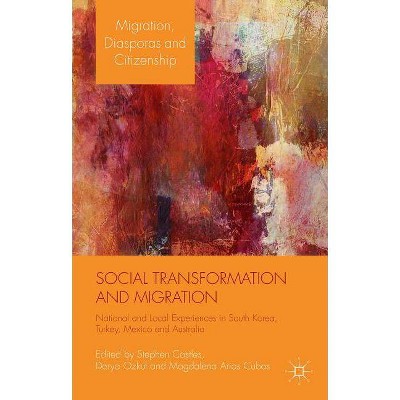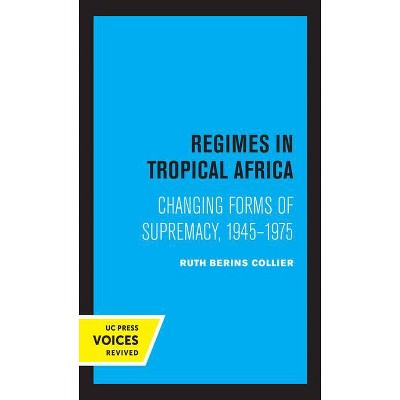Migration and Hybrid Political Regimes - by Rustamjon Urinboyev (Paperback)
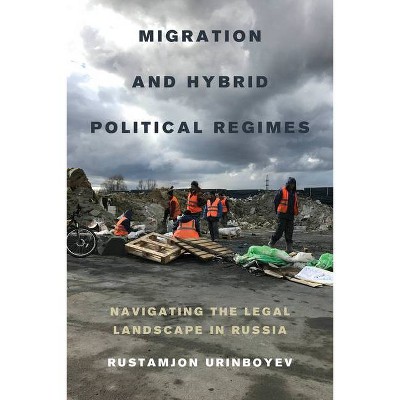
Similar Products
Products of same category from the store
AllProduct info
<p/><br></br><p><b> About the Book </b></p></br></br>"While migration has become an all-important topic of discussion around the globe, mainstream literature on migrants' legal adaptation and integration has focused on case studies of immigrant communities in Western-style democracies. We know relatively little about how migrants adapt to a new legal environment in the ever-growing hybrid political regimes that are neither clearly democratic nor conventionally authoritarian. This book takes up the case of Russia-an archetypal hybrid political regime and the third largest recipients of migrants worldwide-and investigates how Central Asian migrant workers produce new forms of informal governance and legal order. Migrants use the opportunities provided by a weak rule-of-law and a corrupt political system to navigate the repressive legal landscape and to negotiate-using informal channels-access to employment and other opportunities that are hard to obtain through the official legal framework of their host country. This lively ethnography presents new theoretical perspectives for studying immigrant legal incorporation in similar political contexts"--<p/><br></br><p><b> Book Synopsis </b></p></br></br>A free open access ebook is available upon publication. Learn more at www.luminosoa.org.<br /><br /> While migration has become an all-important topic of discussion around the globe, mainstream literature on migrants' legal adaptation and integration has focused on case studies of immigrant communities in Western-style democracies. We know relatively little about how migrants adapt to a new legal environment in the ever-growing hybrid political regimes that are neither clearly democratic nor conventionally authoritarian. This book takes up the case of Russia--an archetypal hybrid political regime and the third largest recipients of migrants worldwide--and investigates how Central Asian migrant workers produce new forms of informal governance and legal order. Migrants use the opportunities provided by a weak rule-of-law and a corrupt political system to navigate the repressive legal landscape and to negotiate--using informal channels--access to employment and other opportunities that are hard to obtain through the official legal framework of their host country. This lively ethnography presents new theoretical perspectives for studying immigrant legal incorporation in similar political contexts.<br /><br /><p/><br></br><p><b> From the Back Cover </b></p></br></br>"This book not only provides a brilliant analysis of the under-researched Russian case but also significantly adds to the existing knowledge of undocumentedness, informality, and migrant agency."--Joaquín Arango, Professor of Sociology, Complutense University of Madrid <p/> "Rustam Urinboyev's empathetic and patient interviewing style has allowed him to shine a light on the complex social relationships, parallel legal orders, and behavioral norms that give shape and security to the lives of labor migrants in Moscow. This is a remarkable book, rich in stories of extraordinary people that are embedded in theoretical analysis."--Judith Pallot, University of Oxford and Research Director of GULAGECHOES, Aleksanteri Institute, Helsinki. <p/> "Ethnographically rich and theoretically ambitious, <i> Migration and Hybrid Political Regimes</i> reveals the informal practices and extra-legal negotiations through which migrant workers, employers, middlemen and street-level bureaucrats negotiate the contemporary Russian migration system. An original and important contribution to our understanding of informality, agency, and legal adaptation in non-western migration regimes."--Madeleine Reeves, Senior Lecturer in Social Anthropology, University of Manchester <p/> "Urinboyev's study makes a major contribution to scholarly understanding of the nature of informality and migration processes in Russia and similar regimes. Through meticulous participant observation, Urinboyev shows how an informal regulatory system governs migrants' labour, and how that system responds to the needs both of the authorities and of migrants' themselves."--Matthew Light, author of <i>Fragile Migration Rights: Freedom of Movement in Post-Soviet Russia</i> <br><p/><br></br><p><b> About the Author </b></p></br></br><b>Rustamjon Urinboyev</b> is Associate Professor in the Department of Sociology of Law at Lund University and Senior Researcher in Russian and Eurasian Studies at University of Helsinki, Aleksanteri Institute.
Price History
Price Archive shows prices from various stores, lets you see history and find the cheapest. There is no actual sale on the website. For all support, inquiry and suggestion messagescommunication@pricearchive.us
